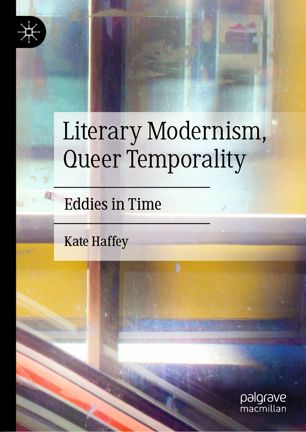

Most ebook files are in PDF format, so you can easily read them using various software such as Foxit Reader or directly on the Google Chrome browser.
Some ebook files are released by publishers in other formats such as .awz, .mobi, .epub, .fb2, etc. You may need to install specific software to read these formats on mobile/PC, such as Calibre.
Please read the tutorial at this link: https://ebookbell.com/faq
We offer FREE conversion to the popular formats you request; however, this may take some time. Therefore, right after payment, please email us, and we will try to provide the service as quickly as possible.
For some exceptional file formats or broken links (if any), please refrain from opening any disputes. Instead, email us first, and we will try to assist within a maximum of 6 hours.
EbookBell Team

4.3
38 reviewsThis book explores the intersection between the recent work on queer temporality and the experiments of literary modernism. Kate Haffey argues that queer theory’s recent work on time owes a debt to modernist authors who developed new ways of representing temporality in their texts. By reading a series of early twentieth-century literary texts from modernists like Woolf, Eliot, Faulkner, and Stein alongside contemporary authors, this book examines the way in which modernist writers challenged narrative conventions of time in ways that both illuminate and foreshadow current scholarship on queer temporality. In her analyses of contemporary novelists and critics Michael Cunningham, Jeanette Winterson, Angela Carter, and Eve Sedgwick, Haffey also shows that these modernist temporalities have been reconfigured by contemporary authors to develop new approaches to futurity.